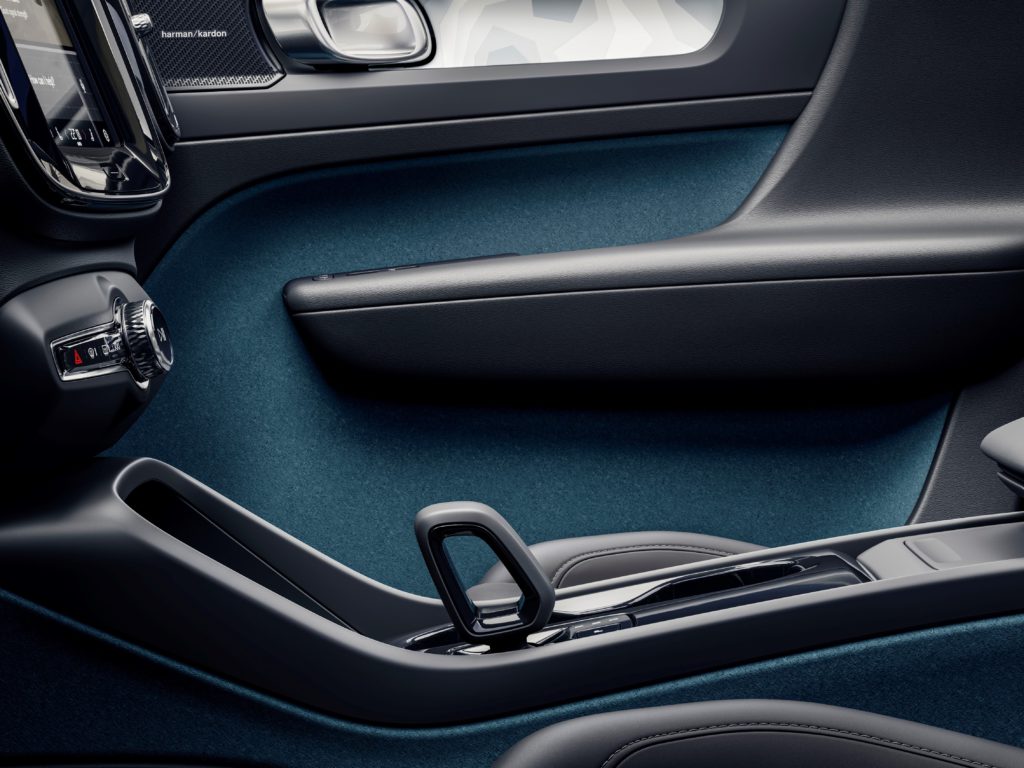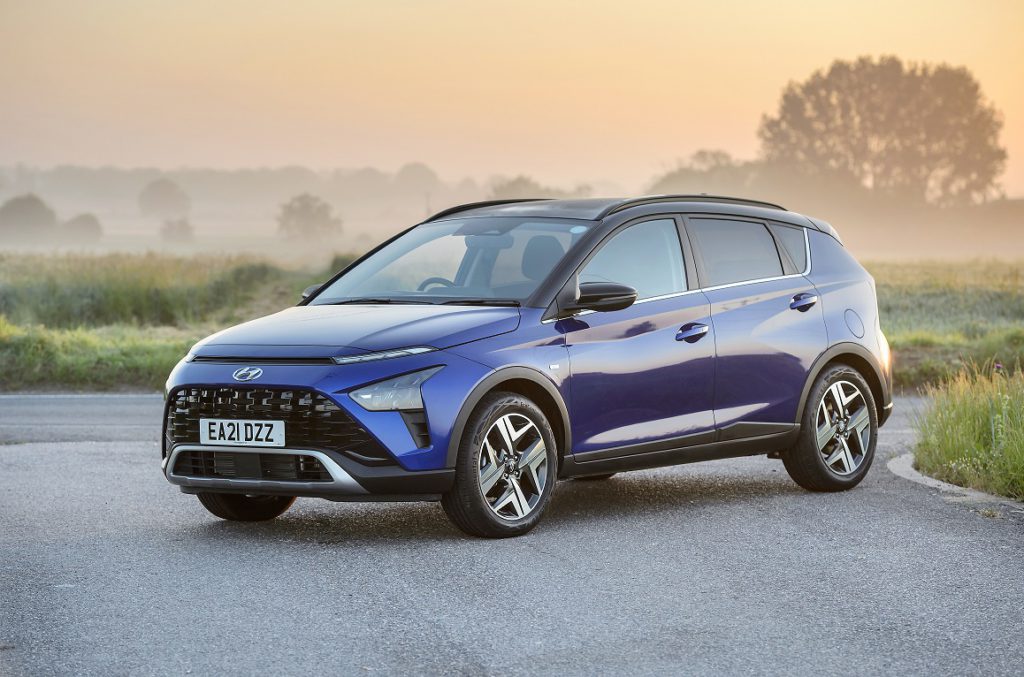The value of brand image in the automotive industry
12 October 2021

What do a reputable carmaker and Europe’s second-largest bank have in common? Clue: it is not what you might think. Autovista24 journalist Rebeka Shaid investigates.
Both Mini and HSBC signed a partnership with Dogs Trust, one of the UK’s most prominent dog-welfare charities. This begs the question: why would a car manufacturer want to demonstrate its devotion to dogs?
Companies spend millions creating awareness around their products and this expenditure can make or break it. These days, a powerful car brand matters more than ever. The number of startups cropping up in the market creates not only disruption, but a competitive atmosphere.
OEMs rely on a strong identity to stand out from the crowd and add value to their brands. Brand positioning remains a key item on the marketing agenda. Therefore, it is worth taking a closer look at what unique measures certain businesses, such as BMW with Mini, are taking to appeal to consumers and, ideally, increase both publicity and profits.
How to stand out
It takes years to create brand awareness and build excitement around product lines, especially in the highly product-driven automotive industry. A brand is all about imagery and lifestyle, with companies earning their reputation based on a consumer’s perceived value of a particular marque.
For a long time, automotive companies were poorly understood. But OEMs have since put in the effort to reach the wider public and distinguish themselves from contenders to attract new customers – and there are several ways they do this.
Most people will have heard of Tesla founder Elon Musk and his headline-grabbing publicity stunts on Twitter. Who would have thought of sending a sporty Tesla roadster into space? Musk did. Some may ridicule his eccentricities, but they are part of Tesla’s success story – the company was recently named the fastest-growing brand in the Brand Finance Global 500 ranking.
BMW may not have gone to space, but its brand Mini seized an opportunity in the midst of the COVID-19 pandemic to build a unique identity.
Mini loves dogs
Mini – once known as a quintessential British car that featured in many cult films – has gone through a rebirth since BMW relaunched it as a premium brand in 2001. The carmaker has successfully reinvented Mini, and its new dog-friendly approach certainly deserves attention. The brand’s partnership with Dogs Trust was announced in August 2021, and the timing was no coincidence.
Demand for dogs surged during the COVID-19 pandemic and Mini might have sniffed out an opportunity to add to its public appeal by addressing dog owners, i.e. potential customers, directly. The manufacturer now stocks dog travel products, including a dog guard and mat for the boot. ‘Every pooch can be matched with its perfect Mini partner,’ the company says, pointing to the generous boot space and split rear doors that can be found in its line-up.
Helen Boakes, national communications manager at Mini UK, told Autovista24 the manufacturer had spent a long time looking for partnerships that represent its brand values.
‘As a team of dog lovers ourselves, partnering with the UK’s largest dog welfare charity was an obvious choice, with a joint mission to help dogs travel happier across the nation and for our Mini centres to become the first officially dog-friendly car retailer by 2022,’ she said.
A strong brand delivers a key message and makes it relevant to consumers’ needs. It often does so by evoking certain feelings in its customers, allowing them to relate to shared values – and Mini’s partnership with Dogs Trust serves as a prime example of this.
A ‘sustainable’ approach
Pairing up with charities is not unusual for carmakers, but companies are highly selective when picking a partner as every decision impacts image. In the age of electromobility and sustainability, that choice carries particular weight. After all, more manufacturers are attempting to shake off their reputations as air polluters and focus on going green.
Like many other carmakers, Mini has launched several environmental collaborations to ‘set an example’. The company is now supporting UK-based charity Earthwatch Europe and its ‘Tiny Forest’ initiative, planting trees near Mini production sites in England.
It has also partnered with Longleat, one of Britain’s best-known safari parks, providing several Countryman plug-in hybrids (PHEVs) ‘to reduce vehicle emissions in the park’. All of these partnerships are providing opportunities for Mini to make its models and brand more visible.
‘These unique partnerships have enabled us to demonstrate what makes the Mini brand so special,’ said Boakes. ‘They are born from a passion of wanting to do the right thing and showcasing our products in the best light.
‘Our partnerships with Dogs Trust and Longleat have enabled us to showcase our larger car models whilst Tiny Forests has demonstrated our shared values of sustainability and bringing people together with Mini Electric. It has been a great year of striking up new Mini partnerships.’
Forging partnerships that expose the brand to the public attracts new customers while also making existing drivers feel at home. Consumers base their understandings of a car brand’s value on their own experiences with the manufacturer’s product line – especially when it comes to mass-market vehicles that they might consider buying.
Last year, for instance, Hyundai kicked off the ‘I’m in Charge’ campaign to highlight the launch of its Ioniq sub-brand, which is dedicated to battery-electric vehicles (BEVs) and part of the carmaker’s effort ‘to offer a sustainable lifestyle.’ The South Korean manufacturer has taken this green approach to the next level and, like Mini, is collaborating with partners outside of the automotive industry.
To this end, Hyundai teamed up with a number of fashion designers to launch the Re:Style 2020 fashion collection, which used upcycled discarded materials from car manufacturing processes. Seatbelts, leather scraps, and airbags were reused to create jewellery, clothes and other accessories. A spokesperson at Hyundai’s German office confirmed to Autovista24 that the carmaker will launch another Re:Style fashion collection this year, sending a clear message to consumers: that OEMs can do more than just build cars.
What makes a brand valuable?
Ultimately,a brand is much more than the product it offers. It is about what companies stand for. As Boakes added, ‘these partnerships and collaborations bring to life our brand values, they give us a chance to demonstrate to our customers and prospects that we walk the walk as well as talk the talk. We are really looking forward to evolving our partnerships with our new “brand friends” further.’
‘Brand friends’ – this phrase is key. Consumers are always looking to relate and connect with brands. This is something that goes beyond a marketing campaign or a stylish logo. It is about values, as these build true engagement and help companies develop powerful bonds with their target audience. It is no wonder that manufacturers embrace branding vigorously as they realise how important it is to focus not only on products, but also on the merits of their image. This could end up being a key differentiator between them, and the new entrants to the automotive market in Europe.



